In an interview with The Independent, Liam Neeson discussed his upcoming movie, “Cold Pursuit,” in which he plays the part of a father who is out for revenge after his son is killed by a drug gang.
He tells his interviewer that he can relate to his character’s passion because he experienced similar rage following the rape of a close family member by a black man. In a moment of brutal honesty, he told a story which has SJWs crying “racist.”
Perhaps unwisely, Neeson admitted he was consumed with such intense fury that he “roamed the streets for a week afterwards carrying with him a cosh and brutal, racist thoughts, and how this taught him that violence and revenge do not work.”
There’s something primal – God forbid you’ve ever had a member of your family hurt under criminal conditions. I’ll tell you a story. This is true.
She handled the situation of the rape in the most extraordinary way. But my immediate reaction was…I asked, did she know who it was? No. What colour were they? She said it was a black person.
I went up and down areas with a cosh, hoping I’d be approached by somebody – I’m ashamed to say that – and I did it for maybe a week, hoping some ‘black bastard’ would come out of a pub and have a go at me about something, you know? So that I could (he pauses) kill him.It took me a week, maybe a week and a half, to go through that. She would say, ‘Where are you going?’ and I would say, ‘I’m just going out for a walk.’ You know? ‘What’s wrong?’ ‘No no, nothing’s wrong.’
It was horrible, horrible, when I think back, that I did that. And I’ve never admitted that, and I’m saying it to a journalist. God forbid.
It’s awful…But I did learn a lesson from it, when I eventually thought, ‘What the f**k are you doing,’ you know?
I come from a society – I grew up in Northern Ireland in the Troubles – and, you know, I knew a couple of guys that died on hunger strike, and I had acquaintances who were very caught up in the Troubles, and I understand that need for revenge, but it just leads to more revenge, to more killing and more killing, and Northern Ireland’s proof of that. All this stuff that’s happening in the world, the violence, is proof of that, you know. But that primal need, I understand.
The reporter writes: “Is it possible to hear that said out loud or to read those words and not judge?”
Yes, it is possible to withhold judgement if one has ever endured a similar experience. Neeson was speaking honestly about emotions that most fathers, husbands, brothers, or even mothers would feel in the wake of such an incident. No one close to the situation sees clearly in the immediate aftermath of such a hideous crime. Once he had absorbed the immediate blow, he realized what he was doing was wrong. Still, the twittersphere is abuzz with reactions from the politically correct, all condemning Neeson for his very human and understandable feelings. Below are several of them.
Good to know Liam… https://t.co/C4m1olGhaO
— Loni Love (@LoniLove) February 4, 2019
Liam Neeson admitting he camped out in front of pubs, waiting and hoping to kill a black man is… not what I expected to read about this Monday morning pic.twitter.com/9Fv2x0dPpV
— Sarah Jeffery (@sarahjeffery) February 4, 2019
https://twitter.com/HashtagGriswold/status/1092456182915235841
“But my immediate reaction was I asked, did she know who it was? No. What colour were they? She said it was a black person."
Not how old were they? How tall were they? You just asked what colour were they? I don't care how sorry you are, Liam Neeson, that is disgusting. https://t.co/sCDVTBCBIx
— Hannah Al-Othman Says Stay Inside (@HannahAlOthman) February 4, 2019
The larger issue is what this story says about how divorced from reality society has become.
Neeson exposed his feelings about a painful, very personal past incident. He tells the interviewer he knows his reaction was “horrible” and he has learned from it. Still, he has been condemned by the thought police for his honesty.
What is the point of an interview if the subject can only respond with politically correct answers? What celebrity, politician, military or business leader would ever answer a question truthfully knowing they will face a strong backlash from the elite media for doing so?
It would be interesting to hear the defenses of Sarah Jeong by those who have judged Neeson so harshly. You may recall that Jeong, an Asian, was hired by the New York Times Editorial Board last summer. It turned out that she really, really doesn’t like white people – at all. Armin Navabi’s tweet below summarizes Jeong’s greatest hits.
Are these racist?
These are tweets by Sarah Jeong who was just hired to the NYT editorial board. pic.twitter.com/B3P7ay8QNR— Armin Navabi (@ArminNavabi) August 2, 2018
Why is Neeson labeled as a racist, yet Jeong is given a pass? Neeson acknowledges his temporary insanity and says he has learned from it. To my knowledge, Jeong, whose tweets went on for years, is still a racist.
I guess it’s true. A racist remark is only considered racist if a white person utters it.




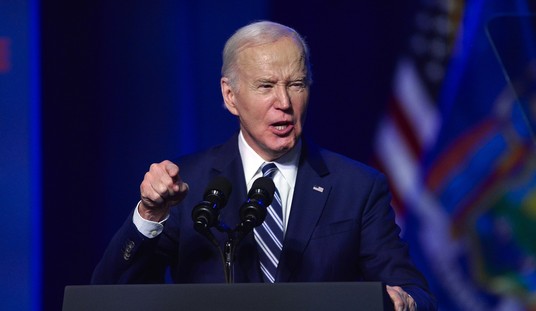
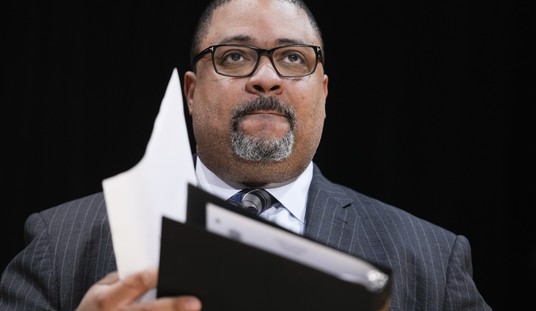
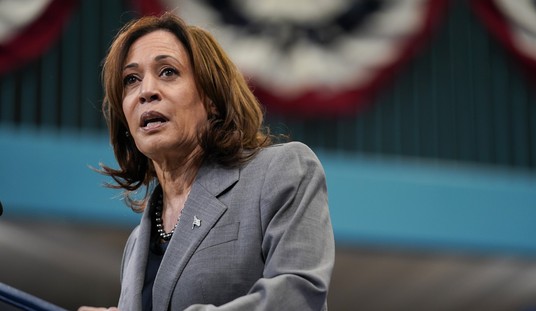


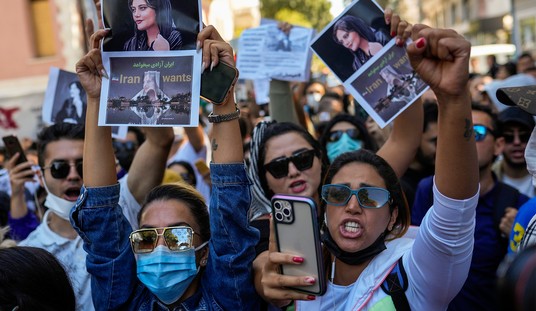

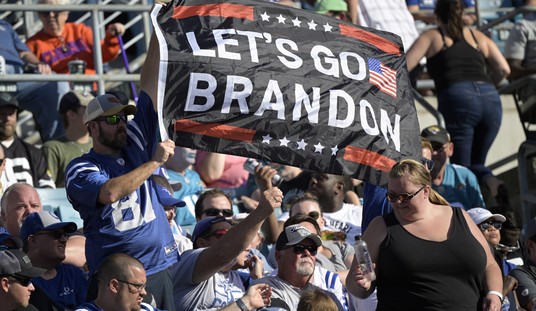
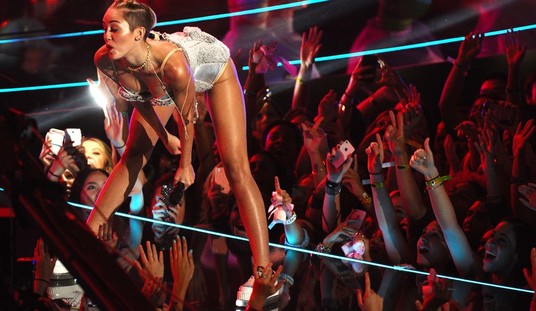

Join the conversation as a VIP Member